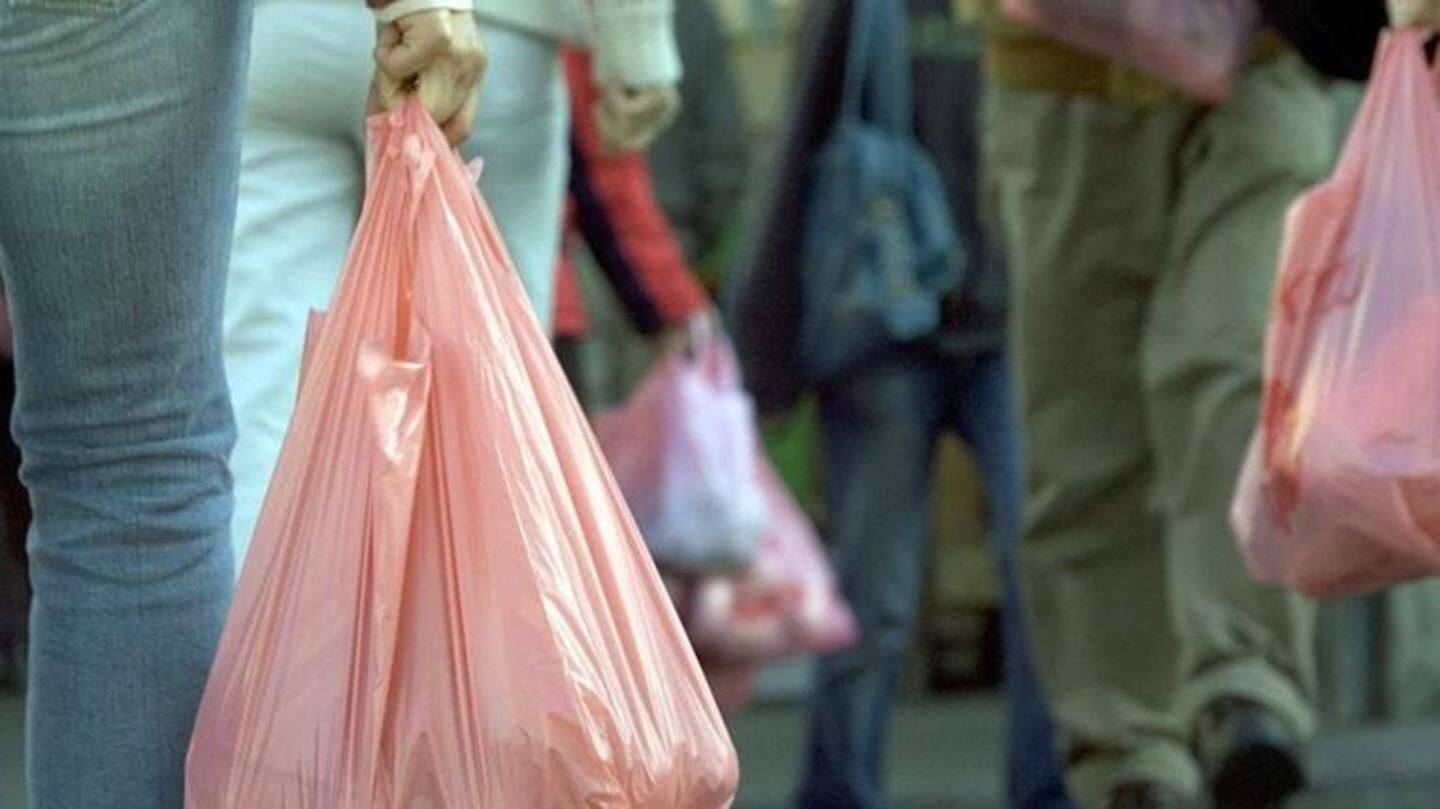
UP follows Maharashtra with a complete plastic ban
What's the story
UP is going the Maharashtra way. Weeks after the western state banned most forms of plastic, UP has issued similar orders. A complete ban on "plastic cups, glass, polythene" and more will be enforced from July 15, CM Yogi Adityanath said. "We'll require everyone's cooperation." In December'15, the Cabinet had approved a statewide ban on distribution, manufacture and sale of polythene smaller than 40-microns.
Twitter Post
Adityanath announces the new ban
हमने 15 जुलाई से पूरे प्रदेश में प्लास्टिक को प्रतिबंधित करने का फैसला लिया है। मैं आह्वान करता हूं कि 15 जुलाई के बाद प्लास्टिक के कप, ग्लास और पॉलिथीन का इस्तेमाल किसी भी स्तर पर न हो। इसमें आप सभी की सहभागिता जरूरी होगी: #UPCM श्री #YogiAdityanath pic.twitter.com/z6JzEmk38C
— CM Office, GoUP (@CMOfficeUP) July 6, 2018
Penalty
Strict penalties and prison sentences for violators
According to NewsX, like Maharashtra, UP too has announced strict punishment for violators. First-time offenders will face penalties of Rs. 5,000. For second-time offenders, the fine will go up to Rs. 10,000. Those violating the law for the third time will have to pay fines of Rs. 25,000, along with facing imprisonment of up to three months.
Do you know?
TN has issued orders for a ban from January
On International Environment Day (June 5), Tamil Nadu also announced a ban on the use of plastic items, including non-biodegradable bags, from January'19 to "gift a plastic-free" state to future generations. It would include non-biodegradable plastic covers, plates, cups, water packets, straws, bags and more.
Maharashtra
Mumbai banned plastic, but then kept easing restrictions
On June 23, Mumbai joined the likes of Seattle (US), Montreal (Canada) and Hamburg (Germany), which have banned the sale, distribution and storage of single-use plastic. However, it has changed rules at least twice till now; earlier, retailers were conditionally exempted, and recently, e-commerce companies. Both groups have been directed to come up with a buyback policy for consumers within three months, among others.
Conditions
Without proper alternatives in place, such bans won't work
Such bans cannot work without efficient and reasonably-priced alternatives in place. For businesses, resistance is due to lower profits: while polythene packets sell for cheap, alternatives like paper/bag cloths are much costlier. It is even harder for fish/meat/milk-sellers, whose products aren't suitable for paper/cloth bags. For customers, the problem is in the inconvenience of carrying a paper/cloth bag from home when they go shopping.